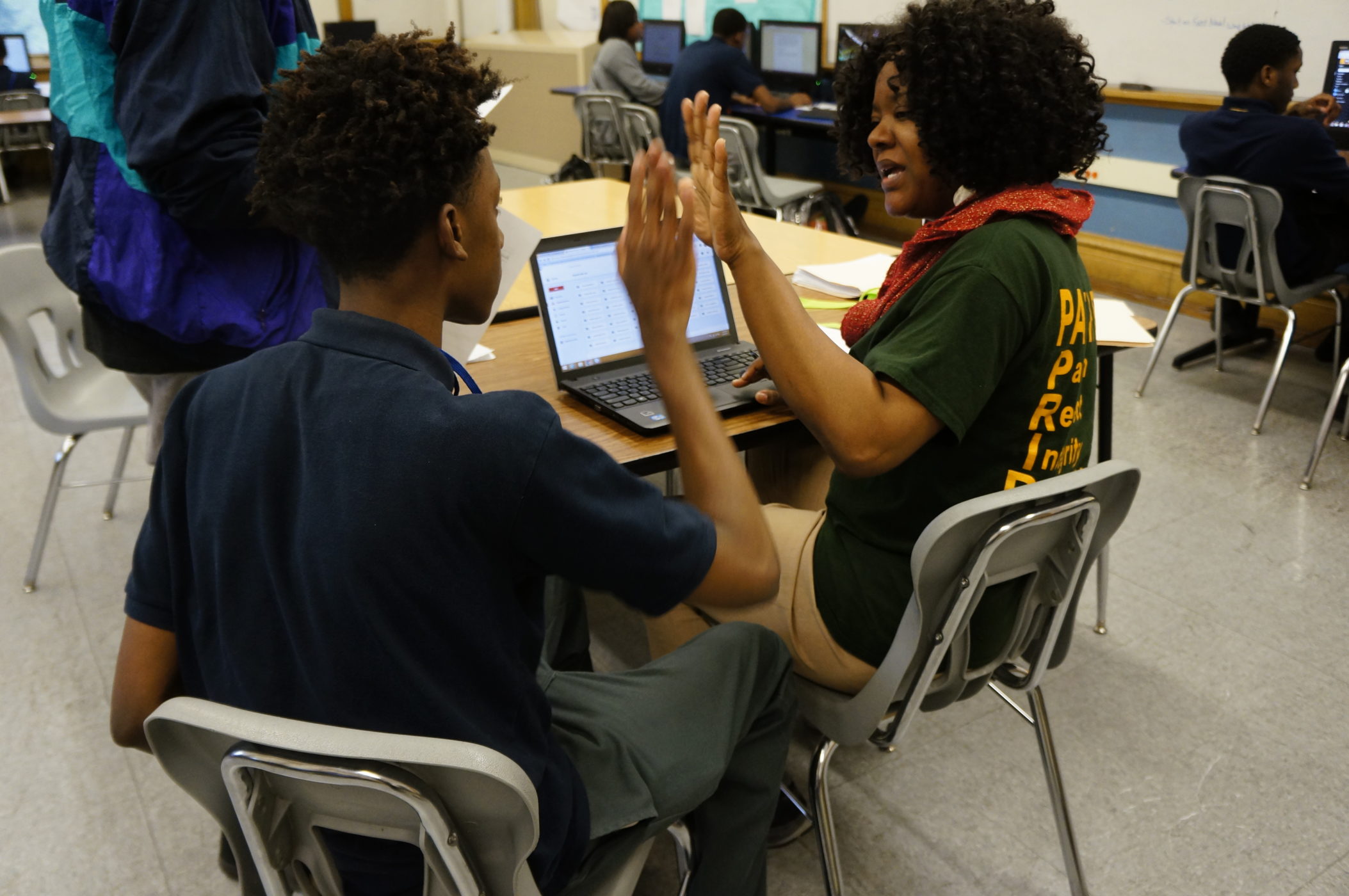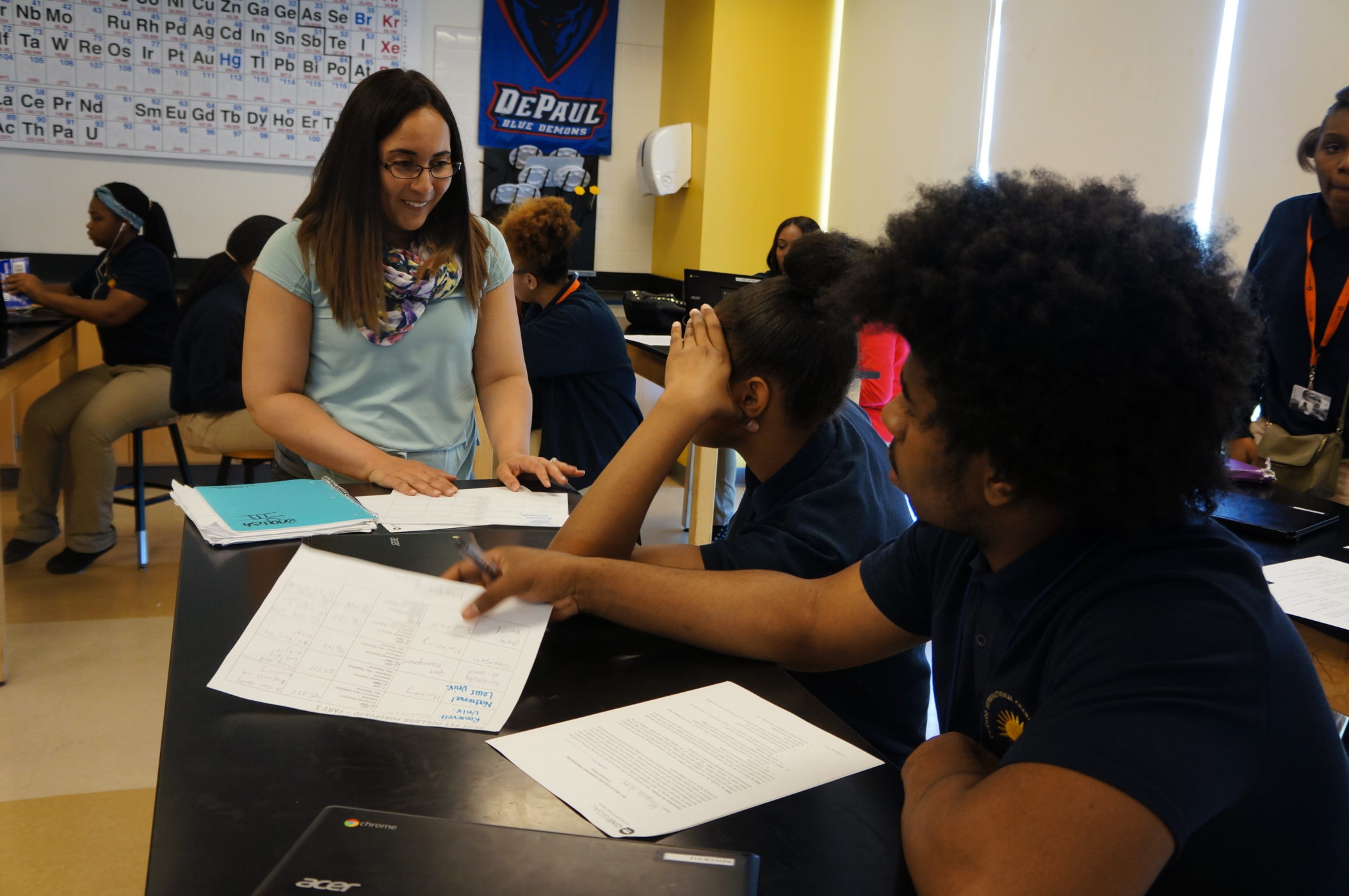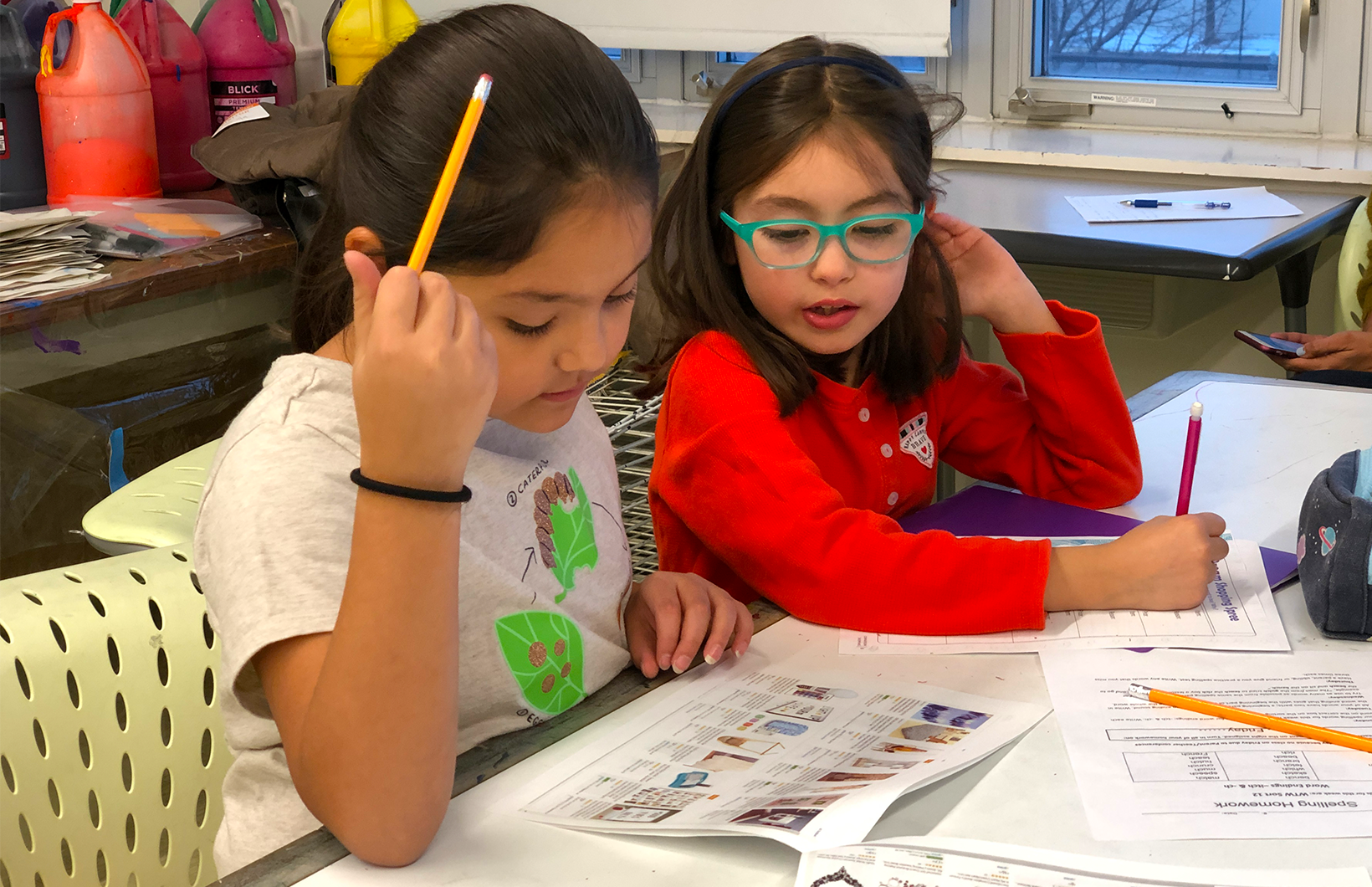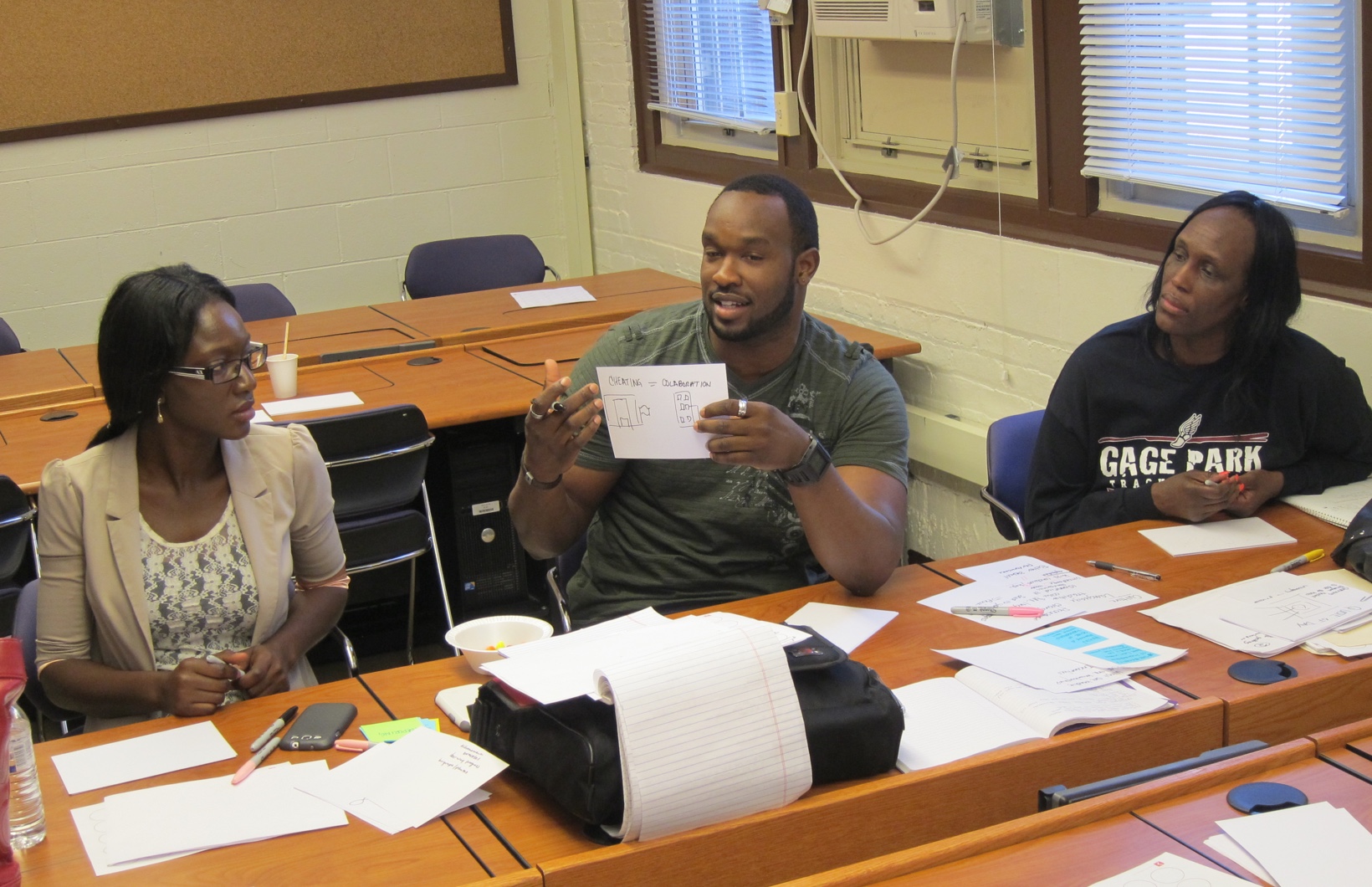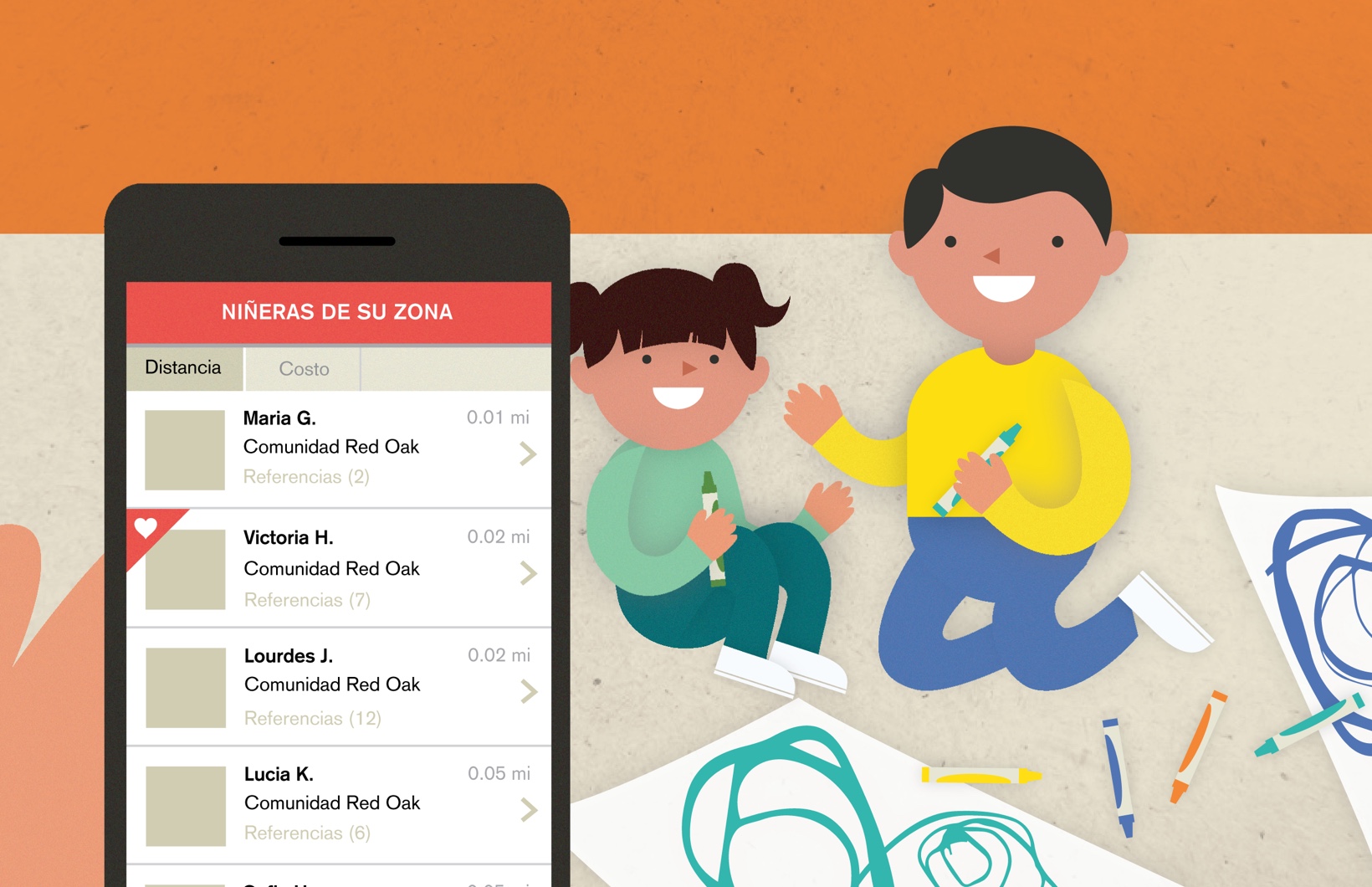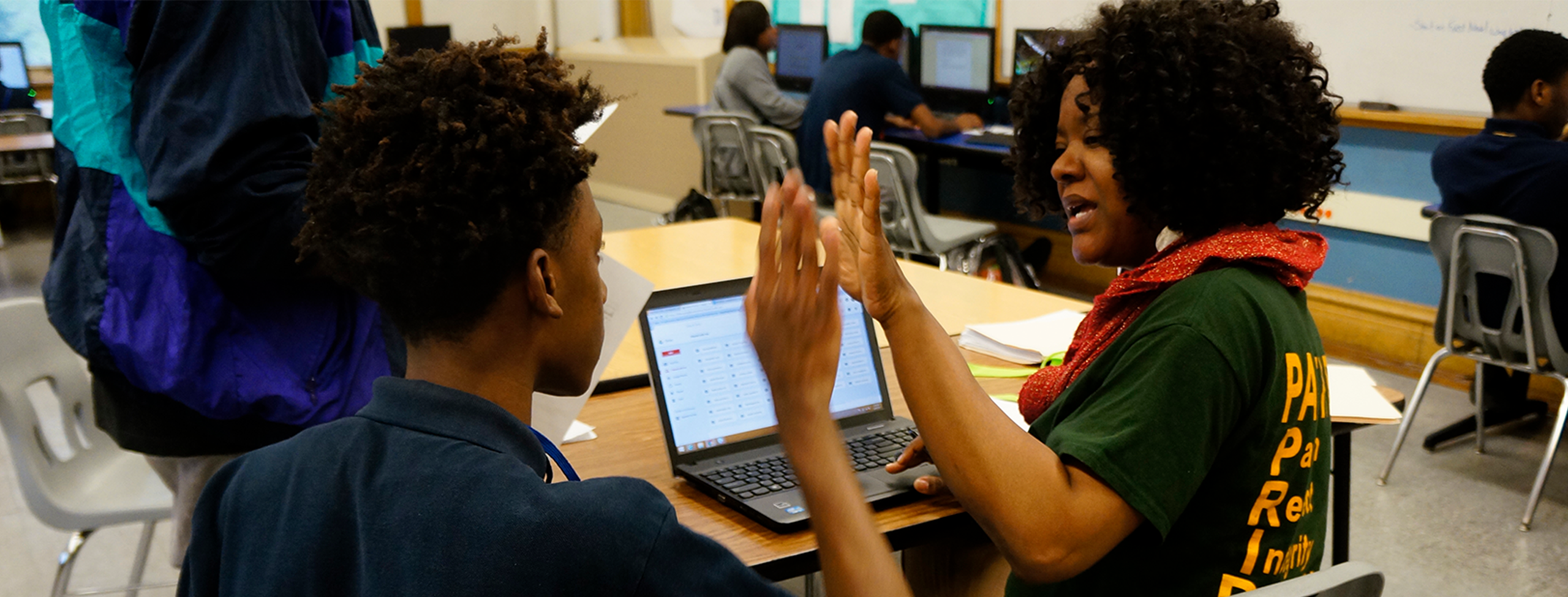
Client
OneGoal works to close the college degree divide in the US. Through a daily, credit-bearing class and intensive 1-on-1 coaching with OneGoal teachers, participating students are supported during the pivotal final two years of high school and first year at a post-secondary institution.
Geography
US / Nationwide
Topic Areas
Education
Youth Development
Project Types
Programs & Services
Students from low-income communities and students of color face enormous systemic barriers to earning their high school and college degrees. OneGoal trains top teachers to serve as Program Directors (PDs) who support students to transition from high school into the post-secondary plans they envision for themselves.
Being highly data-driven, OneGoal identified that a distinct number of PDs were highly successful at helping students improve their grades and test scores, while having received the same training and curriculum as other PDs.
We worked with OneGoal to uncover how these PDs were so effective at helping students make great gains. Based on our findings, we introduced a strategic framework that would allow the organization to equip every PD with the teaching tools, techniques, styles, and approaches to ensure that all their Fellows are on track to obtain a postsecondary degree.
Project Outputs
Strategies From our synthesis of observations and interviews with PDs and students, we discovered that dramatic student progress wasn’t so much a result of focusing on test scores and grades as it was supporting students to make major shifts in their mindsets and behaviors. Inspired by Prochaska and Di Clemente’s Stages of Change model, we created a custom framework to describe a OneGoal Fellow’s transformation.
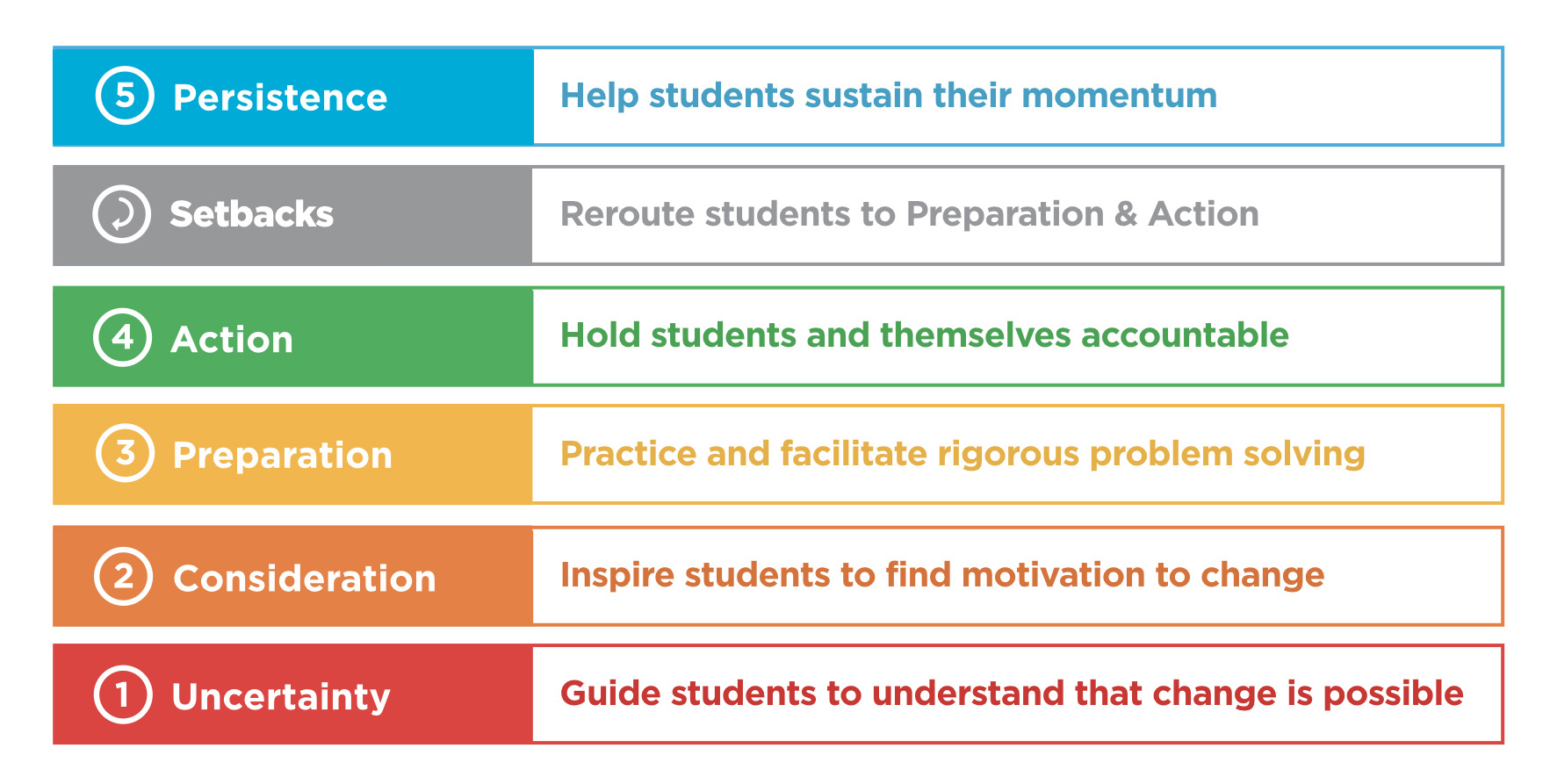
We were then able to map the teaching tools and approaches used by high-impact PDs to each stage. The framework, along with strategies for supporting students at each step, reframed OneGoal’s approach to achieving transformative student growth.
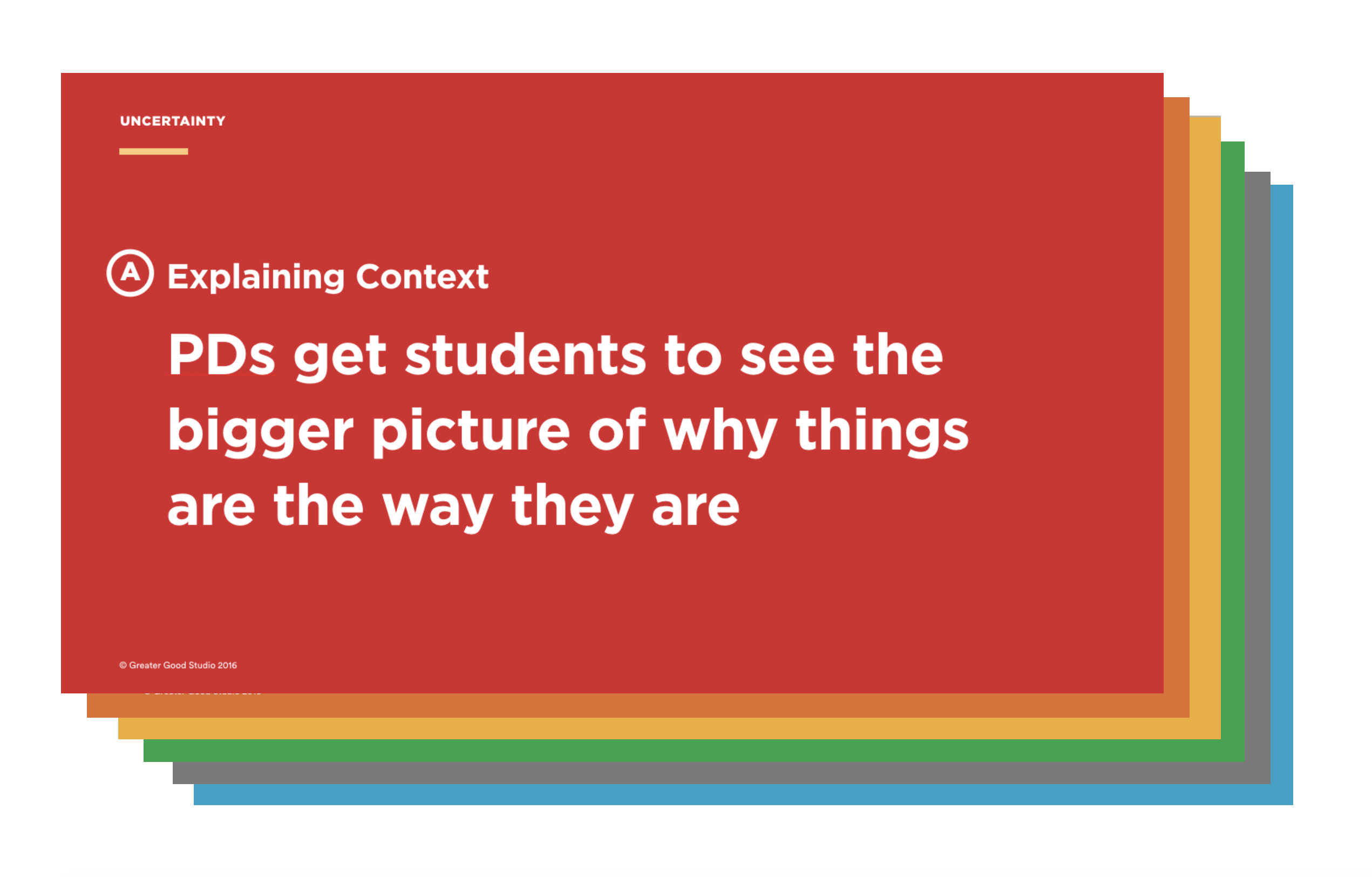
Programs Based on the new strategy, one of the concepts we prototyped was called the Looking Back & Forward Conference. The objective was to bring students from different OneGoal cohorts together to reflect on their past, think about their future and immerse in a learning experience at a college campus.
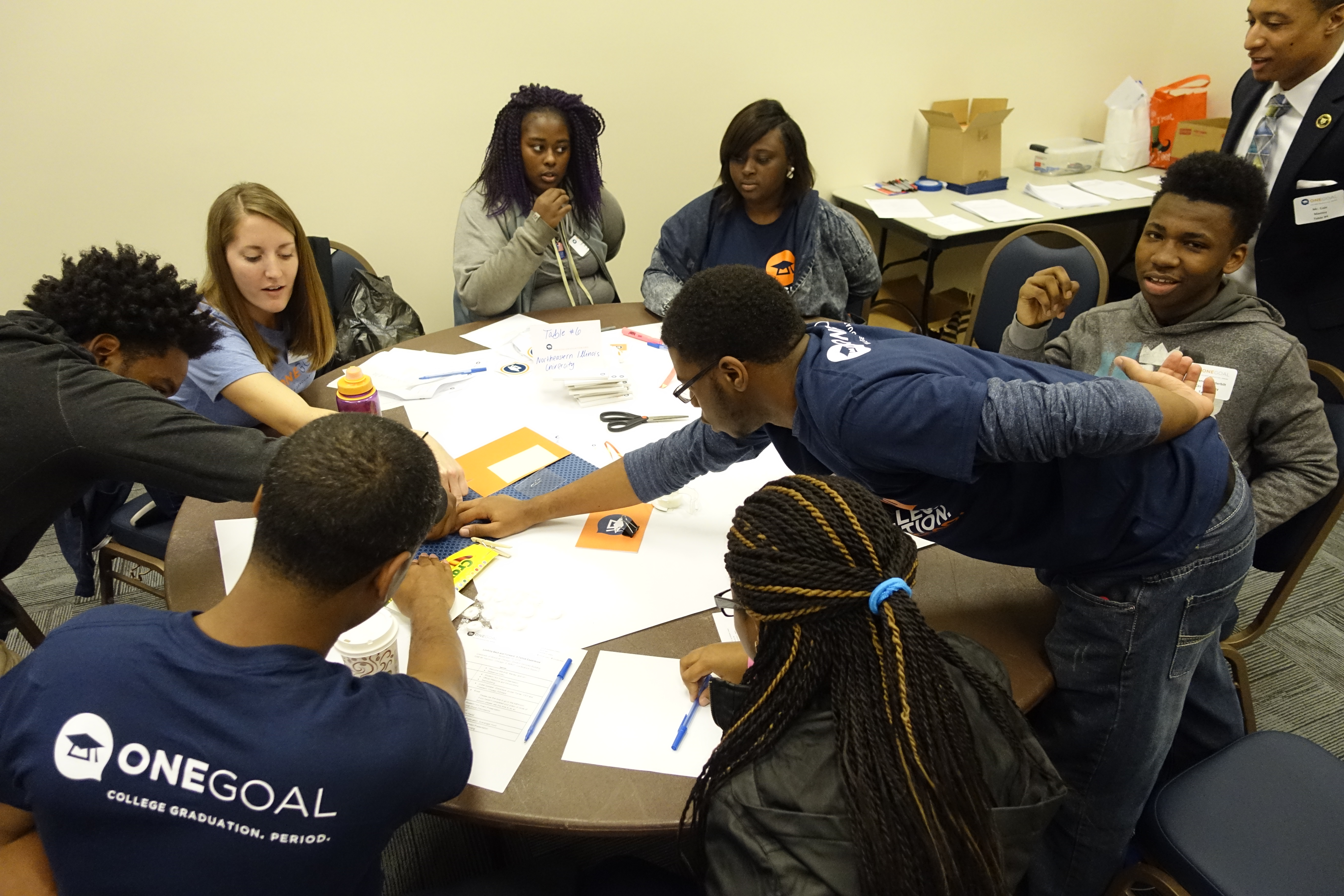
The OneGoal team prototyped the event multiple times, with enormous learning each time about both its value for students and its logistical challenges. While the event has not continued in its current format, the team has since integrated the learnings into the core Fellow experience of their program.
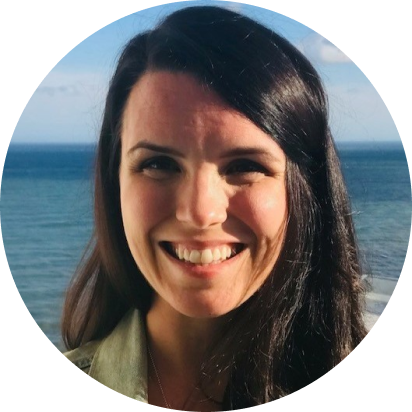
We can now speak in terms that are far more helpful. Rather than talking about a ‘problem’ a Fellow is having, we are identifying the root cause that may be influencing a certain behavior or belief, then providing the resources and opportunity to work through it.
Kylie Vadnais
Client & Community Outcomes
Mindsets
In terms of PD and student mindsets, many of the strategies uncovered in this work, such as engaging students in their history, culture and communities, as well as talking about the systemic components of educational inequities, have become key components in OneGoal’s year one curriculum. In addition, their postsecondary supports have become much more student-centered to ensure engagement and investment in postsecondary enrollment decisions are truly aligned to Fellows’ aspirations for themselves.
In terms of organizational mindsets, OneGoal already had the capacity to take a strong quantitative approach to measure its programs. While numerical datasets allowed them to identify disparities between high- and low-growth PDs, the numbers couldn’t explain the drivers behind them. Through this project, OneGoal staff saw that qualitative research methods can amplify quantitative ones, and that sometimes there’s just no substitute for in-person observation.
Behaviors
OneGoal staff now have behavioral examples at each of the Stages of Change. This has helped them support PDs to not only identify students’ mindsets, but to prioritize, create tailored supports and even strategize better. For example, providing low-level check-ins with students in the Action stage leaves more time for in-person coaching with students in the Consideration stage. The framework also supports peer-to-peer coaching; for example, students in Preparation and Action can be leveraged as leaders by pairing them with others in Uncertainty or Consideration, to share their methods for moving past doubt at the beginning of the year.
Conditions
Previously, participating students’ outcomes – that is, whether they made great gains in their academics, got into college, and stayed there – were determined in part by the personal qualities and pedagogical style of the particular PD they had. Now, OneGoal has new information and tools to ensure that all students have more opportunities to succeed.

